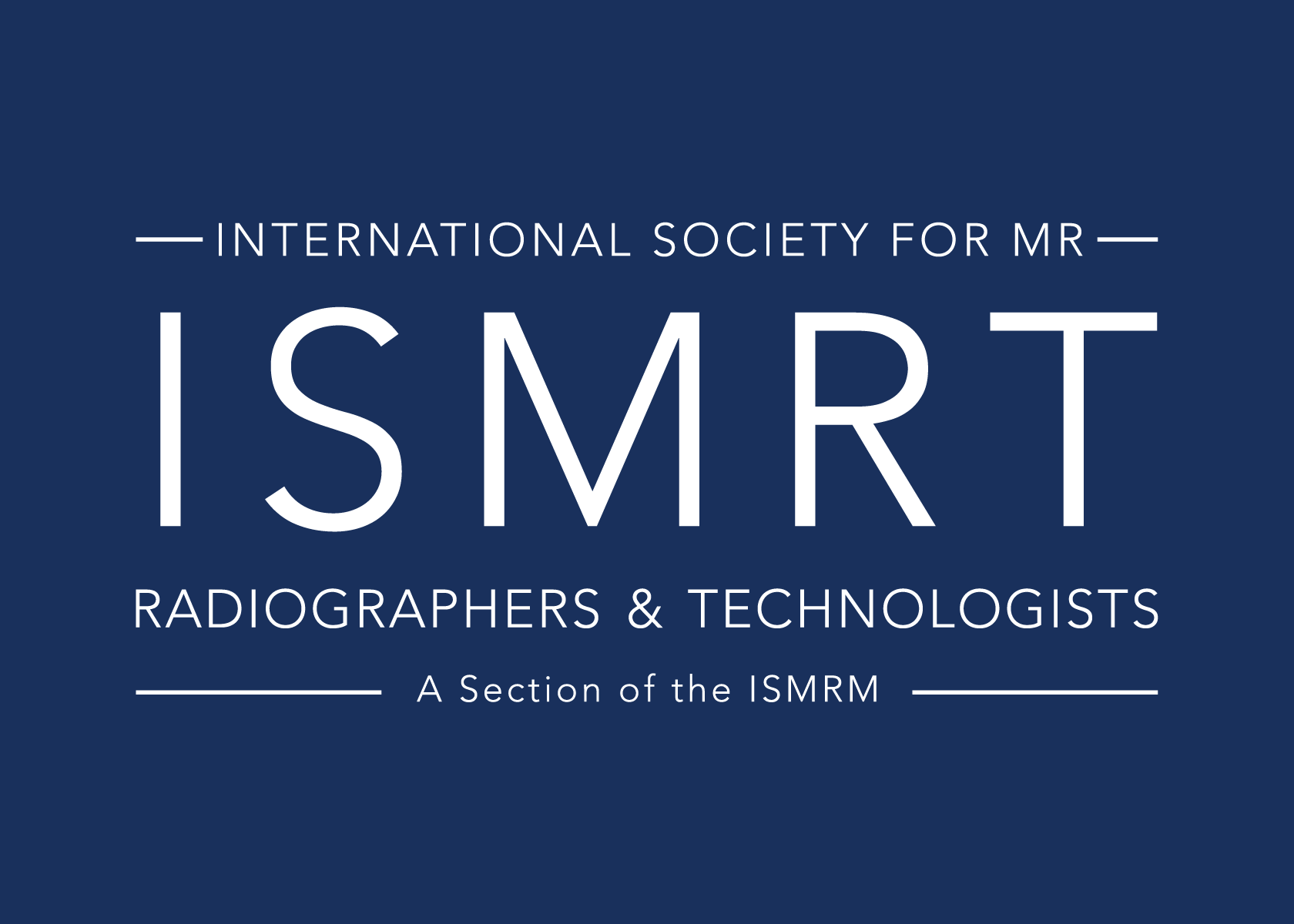2019 Secret Sessions
Shhh! It’s a secret!
Off-program content. Just for you. Only in the Resonarium.
Thank You to our Secret Sessions sponsors:
Sunday
20:00 • Trainee Handshake: Secret Welcome Networking Evening
Organizers: Annie Zhang, Ante Zhu and Elisenda Bonet-Carne
Description: Shhh… it’s a secret! Come to find out what the secret sessions are and how could you benefit from them as a trainee.
Location: La Champagnerie, located at 343 street Saint Paul Est, Montréal H2Y 1H3.
Monday
13:30 • Scientific Publishing: From Open Access to Patenting
Organizers: Sigrun Roat and Roberta Frass-Kriegl
Panelists: Natalia Gudino, Lucia Isabel Navarro De Lara, Robert S. Stormont; Andrew G. Webb, Lukas Winter and Gary H. Zhang.
Description: Publicly funded research might be subject to certain publication requirements (open access, plan S). In contrast to immediate (open access) publication, filing for a patent keeps our research results under lock and key for a certain period of time, but might lead to some financial revenue. In this session, we will discuss the advantages and disadvantages of patenting, open access publication, the infamous plan S and their influence on our academic and/or industry careers and lives.
16:30 • Scientific Research Ethics & Authorship
Organizer: Sunita Gudwani
Panelists: Peter Jezzard, Nikola Stikov, Rama Jayasundar and Lukas Winter
Description: The session will tackle two different but related topics. The first will be about when and how to learn and maintain Scientific-Ethics research practices during data collection. During the second half we will discuss about authorship and publication; from reproducibility and credibility revolution to how and when students are allowed to represent their work. This is going to be an open discussion with questions from the audience and from the moderators like who are and should be given contribution as authorship in papers will?
Tuesday
13:45 • Master Coding in Your Research Environment: Tips & Tricks
Organizers: Jeremie Fouquet, Nina Jacobsen, Renat Sibgatulin and Mathieu Boudreau
Panelists: Julien Cohen-Adad, Steffen Bollmann, Saskia Bollmann, Jean-Christophe Houde and Serge Koudoro
Description: Researchers are not well known to write clean and structured code. This fact comes at a price, as sloppy structure and documentation makes it hard for newcomers to contribute to or sometimes even use existing code. This session serves as an introduction to good coding practices and concepts for researchers and scientists. The first half will be talks overviewing code design, documentation, version control, and testing. The second half will be a panel discussion with a focus on collaborative open-source software development and open science. This is your opportunity to gather and share great ideas to make coding more efficient, sustainable, and fun!
16:30 • Who Dis? Networking for Dummies
Organizers: Muge Karaman, Alessandro Scotti
Panelists: Daniel Alexander, Rosa Tamara Branca, Bo Zhu, and Richard Bowtell
Description: A rich discussion on how to network, how to approach lab leaders and get yourself known to other groups, in particular when you want to apply for a position at a specific group, but you don’t have visibility. One goal is to get some suggestions and detailed answers relative to where the field is going and what the employers are looking for right now: Is it savvy to work on hot and super-cutting edge technology? Is it better to diversify or to hyper-specialize? The session will end with a live review of three CVs selected from a pool submitted by the audience.
Wednesday
13:30 • Engage the Public: Creating Your Own Magnetic Moment & the Magnetic Moments Competition
Organizers: Alex Smith, Carinne Piekema, Carinne Shchelokova and Stuart Clare
Panelists: TBA
Description: Come join us for a workshop on how to start effectively engaging with the public!
15:30 • High-Risk, High-Rewards & How to Get There: Steps Towards Independence in Academic Career & Mentorship
Organizers: Chloe Najac, Ece Ercan, Naomi Sakai, Tim Bray
Panelists: Rebecca Rakow-Penner, Henrik Lundell, Myriam Chaumeil, Noam Shemesh, and Pek-Lan Khong
Description: An interactive discussion focusing on the transition to independent scientist. Hear from clinician and scientist panelists who have recently made this transition about challenges, opportunities and what junior researchers should be doing in preparation. The importance of mentorship and opportunities offered by ISMRM will also be discussed.
16:30 • Mentor Speed-Dating
Organizers: Edwin Baldelomar, Chloe Najac and Ece Ercan
Moderators: Edwin Baldelomar and Elisenda Bonet-Carne
Description: Following the mentorship panel discussion, this session is going to be an interactive mentor/mentee “speed dating.” Speed dating is our term for short, informal and candid discussions between small groups of trainees and senior researchers. The goal is to help guide trainees, and provide advice and perspectives from outside their laboratory environment and specific field, providing an opportunity to ask unusual questions.
Thursday
13:30 • How to Balance Work/Research & Family Life
Organizers: Eddy Solomon and Efrat Shimron
Panelists: Dafi Link, Karin Shmueli, Jadranka Stojanovska and Shaihan Malik
Description: Combining research with our personal life is a challenge that often leads to the feeling of missing out and decreased productivity in both fields. Learning the concept of integration of self, work, and family by setting up priorities increases the joy while achieving success. The aim of the session is to help trainees and early-mid researchers to balance career building and family life, by sharing tips and advice from experienced researchers.
15:30 • Do I Belong Here? How to Overcome Bias Within & Against Us
Organizers: Nastaren Abad, Shannon Helsper, Ghoncheh Amouzandeh, David Hike, Frederick Bagdasarian and Samuel Holder
Panelists: Margaret Hall-Craggs, Udunna Anazodo, Ravi Menon, Craig Meyer, Julie Kabil, Anke Henning and John Port
Description: Yes, Bias is real. From gender and race, down to where you attended undergrad, bias impacts our decisions about others and ourselves. Understanding how implicit bias works and affects our lives is a good first step. But the real challenge is learning how to keep bias in check. A panel discussion and interactive session will will focus on identifying bias, overcoming it and owning our achievements.
It’s a secret to everybody.


